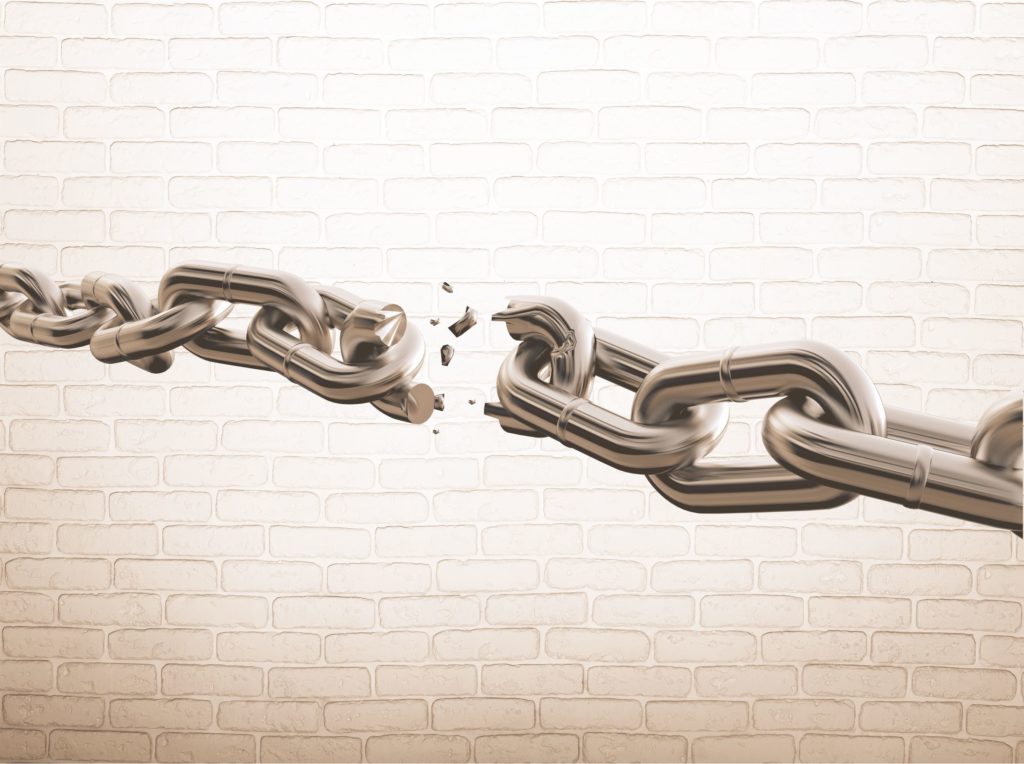

It has been widely reported in the media today that the National Domestic Abuse helpline has seen a 25% increase in requests for help since the lockdown according to the charity, Refuge.
What is Domestic Abuse?
Domestic abuse isn’t always physical. It’s an incident or pattern of violent, controlling, threatening, degrading or coercive behaviour. Domestic abuse can also be emotional, economic/financial, psychological or sexual.
It includes things like controlling who you spend time with or speak to. It could be monitoring, checking and restricting your phone calls, messages and other social contacts. This could be heightened during the lockdown and can be very isolating.
It includes making insulting and demeaning comments which affect your self-esteem.
Domestic abuse is about power and control.
It can have a profound impact on children who witness it. They may become anxious or depressed or have difficulty sleeping. They may complain of physical symptoms such as tummy aches or may start to wet their bed. They may have temper tantrums and problems at school. They may become aggressive, or they may internalise their distress and withdraw from other people. They may have a lowered sense of self-worth. Older children may begin to play truant, start to use alcohol or drugs, begin to self-harm or have an eating disorder. Children must be protected from domestic abuse.
Child arrangements between separated parents can be used as a way to continue the control and abuse after a relationship has ended.
What can I do if I am suffering from Domestic Abuse?
The very nature of domestic abuse means that sufferers can feel worthless and powerless. They can struggle to see a way out. But you do have options.
If you are suffering from domestic abuse then you can apply for injunctions against the perpetrator. These are called non-molestation orders and/or occupation orders. It is possible to ask the court to exclude the perpetrator from the home in certain circumstances. These injunctions can be applied for on an emergency basis and without giving any advance notice to the perpetrator.
In an emergency, you should dial 999 to call the police.
Make sure that you delete your browsing history if you search for anything relating to domestic abuse. The Women’s Aid website tells you how to cover your tracks online.
If you need assistance to apply for an injunction then please contact Rachel Duke who is Head of our Family Department. You can call us on 020 301 4884, or you can make an appointment online through our website.
